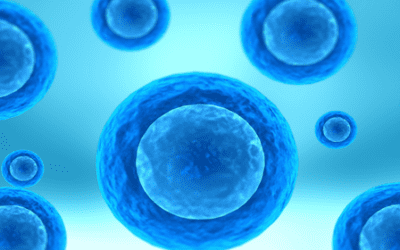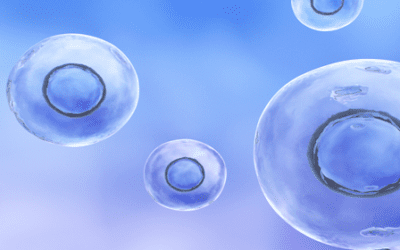Stemedix Regenerative Medicine Research and Health Awareness Blog
Stay up to date with the latest developments in regenerative medicine research and treatment. Subscribe to our newsletter.
Advancements in Mesenchymal Stromal Cell Therapy for Cartilage Regeneration in Knee Osteoarthritis
Osteoarthritis (OA) is a prevalent and disabling joint condition that imposes significant health and economic burdens globally. Between 2006 and 2016, the global percentage change in years lived with disability due to OA increased by 31.5%. Knee osteoarthritis (KOA)...
Administration of Adipose-Derived Mesenchymal Stem Cells via Intrathecal Injection for Traumatic Spinal Cord Injury
With over 290,000 people in the United States living with SCI and with roughly 17,000 new cases each year, spinal cord injury (SCI) is a serious condition that significantly impacts the lives of those affected. Considering the complexity associated with SCI,...
Regenerative Medicine and Cartilage Regeneration
Primarily a result of its avascular structure and the relatively low metabolic activities of chondrocytes, cartilage has demonstrated a very limited ability to self-repair. Currently, the primary interventions for cartilage-related injuries only postpone...
Present State of Mesenchymal Stem Treatments for Neurological Disorders
According to a recent study released by The Lancet Neurology, more than 3 billion people worldwide are living with a neurological condition, making it the leading cause of ill health and disability worldwide. The rate of neurological conditions, including...
How Parkinson’s Disease Alters Everyday Life and How Stem Cell Therapy for Parkinson’s Can Help
Parkinson’s disease is a progressive neurodegenerative condition that can drastically impact everyday life, affecting both physical and mental well-being. Individuals with Parkinson’s often face challenges such as tremors, stiffness, and difficulty with movement,...
Exploring Tissue Engineering’s Role in Regenerative Medicine
Tissue engineering is an emerging field within regenerative medicine that seeks to repair or regenerate damaged tissues using principles from biology, engineering, and materials science. Stemedix, a prominent provider of regenerative medicine in Saint Petersburg,...
Neural Stem Cell Therapy: A Breakthrough in Treating Neurodegenerative Diseases
Neurodegenerative diseases are a group of disorders that progressively impair the nervous system, leading to symptoms such as memory loss, movement difficulties, and other disabilities. These conditions result from damage to neurons, the cells responsible for...
Mesenchymal Stem Cells and Exosomes: A New Frontier in Treating Intervertebral Disc Disease
In recent years, mesenchymal stromal/stem cells (MSCs) and their exosomes have attracted interest as potential treatments for degenerative diseases. MSCs have unique characteristics such as the ability to renew themselves, differentiate into different cell types, and...
Mesenchymal Stem Cell-Derived Neural Progenitors in Progressive MS
Multiple sclerosis (MS) is an autoimmune disease of the central nervous system (CNS) that can take different forms: relapsing-remitting (RRMS), secondary progressive (SPMS), and primary progressive (PPMS). In RRMS, symptoms flare up and then ease, largely due to...
Early Signs and Diagnosis of Parkinson’s Disease and the Potential of Stem Cell Therapy for Parkinson’s
Parkinson’s disease is a progressive neurological disorder that can significantly affect daily life. Understanding its early signs and seeking a timely diagnosis can make a crucial difference in managing this condition. At Stemedix, we recognize the importance of...
How Stem Cell Therapy is Transforming Chronic Disease Treatment with Regenerative Medicine
Managing chronic diseases can be an ongoing struggle, particularly when traditional treatments only relieve symptoms without tackling underlying causes. At Stemedix, we recognize the need for solutions that promote genuine healing rather than merely masking...
Mechanisms Behind the Protective Effects of Mesenchymal Stem Cell Therapy
Since their discovery in 1960, mesenchymal stem cells (MSCs) have been extensively studied for their potential to treat a wide range of diseases, including autoimmune diseases, bone/cartilage repairs, diabetes, cardiovascular diseases, and neurological and...













 St. Petersburg, Florida
St. Petersburg, Florida
